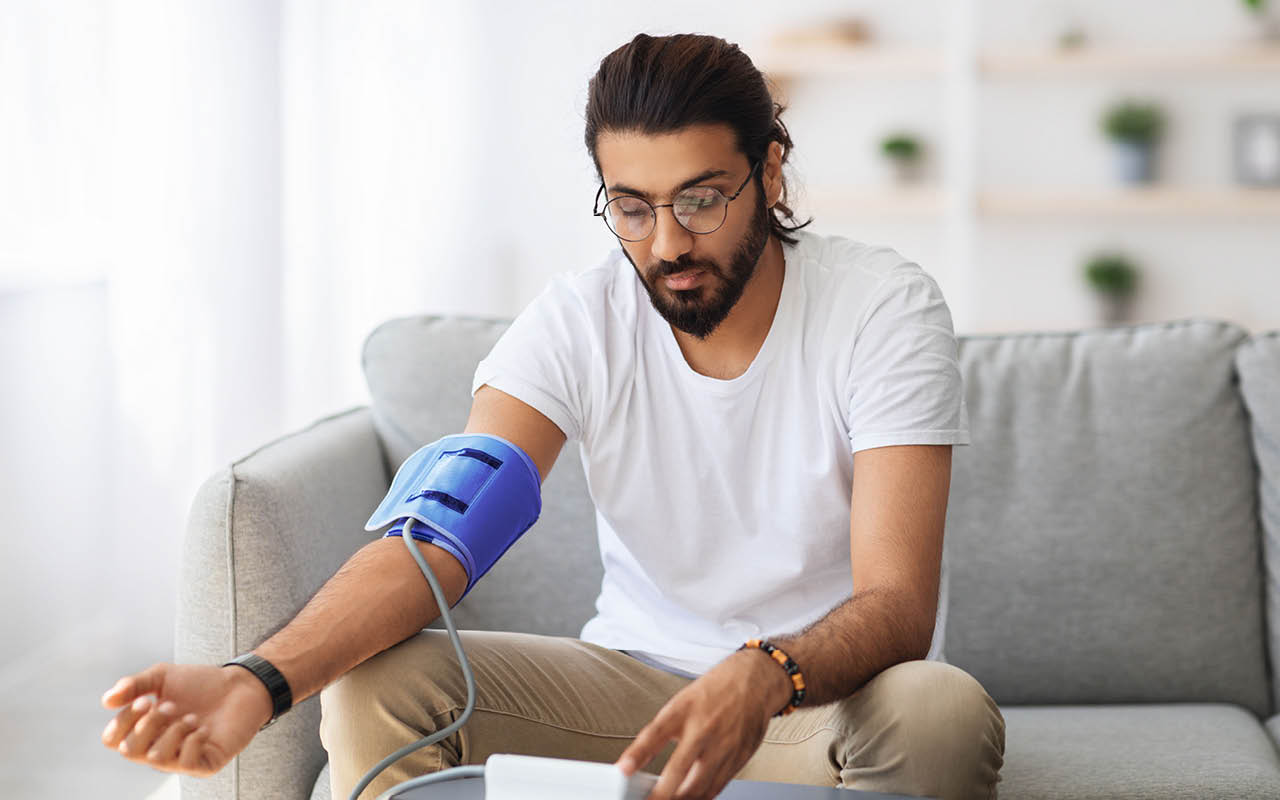 “Left untreated, high blood pressure can result in heart disease, stroke, kidney disease, and even blindness,” says Puja Chabra, MD, a primary care physician with Penn Medicine Princeton Medicine Physicians, the primary and specialty care physician network of Penn Medicine Princeton Health. “Because of the serious complications that can arise from hypertension, it is important to know that the guidelines have changed.”
“Left untreated, high blood pressure can result in heart disease, stroke, kidney disease, and even blindness,” says Puja Chabra, MD, a primary care physician with Penn Medicine Princeton Medicine Physicians, the primary and specialty care physician network of Penn Medicine Princeton Health. “Because of the serious complications that can arise from hypertension, it is important to know that the guidelines have changed.”
Diagnosing Hypertension
The new guidelines, developed by the American Heart Association and American College of Cardiology, along with other medical organizations, define hypertension as a blood pressure reading of 130/80 or higher. Previously, the numbers were 140/90.
“The numbers were lowered because it allows for earlier intervention to prevent complications of persistently elevated blood pressure,” says Dr. Chabra, who is board certified in internal medicine. “Previously, a blood pressure in the 130s/80s was in a category called ‘prehypertension,’ which gave people a false sense that they were not at risk for complications related to high blood pressure.”
Medication and Lifestyle Changes Go Hand in Hand
High blood pressure is treated by making lifestyle modifications and starting medications if needed. Some of these lifestyle changes include:
- eating a balanced, low-sodium diet
- regular aerobic exercise to strengthen the heart
- keeping your body mass index (BMI) under 25
- smoking cessation
- limiting alcohol.
“By making these lifestyle changes, you may be able to reduce the dosage of your medication or, in some cases, eliminate the need for medication,” says Dr. Chabra.
Once diagnosed with hypertension, taking your blood pressure at the same time daily with a home testing machine that fits around the upper arm is advised. Sit calmly for several minutes before taking a reading, with both feet on the ground and your arm extended out, not bent. The blood pressure cuff should not be placed over clothing.
“By regularly monitoring your blood pressure at home and keeping a record of your readings, you can help your doctor track how your medication and lifestyle changes have lowered your blood pressure,” says Dr. Chabra.
To find a physician affiliated with Penn Medicine Princeton Health, call 1.888.742.7496, or visit www.princetonhcs.org/directory.

